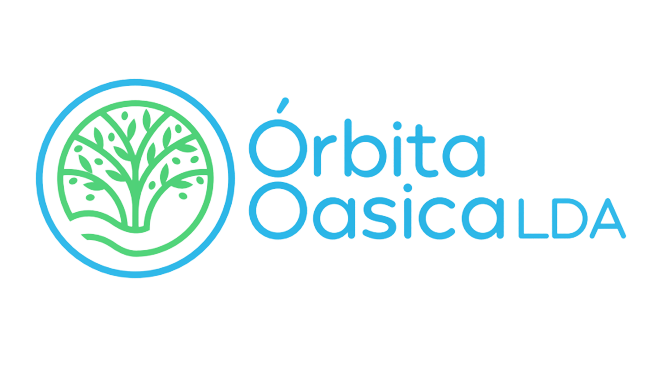Temporary Work
-
Understanding Temporary Work
Temporary employment involves engaging workers for a limited period to fulfill specific business needs. This arrangement features a fixed-term contract, allowing organizations to manage staffing levels based on current demands.
-
Benefits for Businesses
Enhanced Workforce Agility: Companies can tailor their staffing to fluctuating market conditions, seasonal trends, project deadlines, or employee absences, ensuring optimal resource utilization.
Cost Efficiency: Hiring temporary staff can reduce expenses related to full-time employment, such as benefits, long-term commitments, and termination costs, making it a financially attractive option.
Access to Niche Expertise: Temporary roles enable organizations to bring in specialists with targeted skills for specialized tasks or projects without long-term commitments.
Talent Evaluation Opportunity: Businesses can assess a worker’s performance and cultural fit before considering permanent employment, minimizing hiring risks.
Boosted Productivity: Temporary staff help alleviate workload pressures on permanent employees, fostering focus and efficiency within the team.
-
Advantages for Workers
Flexible Arrangements: Temporary roles offer adaptable schedules and contract lengths, allowing workers to balance work with personal commitments or other pursuits.
Skill Enhancement: Gaining experience across various industries and positions helps workers develop a broader skill set and expand professional networks.
Learning Opportunities: Working in diverse environments fosters continuous skill development, exposure to new technologies, and adaptability.
Path to Permanent Roles: Temporary positions can serve as a stepping stone toward permanent employment opportunities within the company.
Career Exploration: These roles provide a platform to discover different career paths, test new interests, and gain insight into various sectors for future growth.

